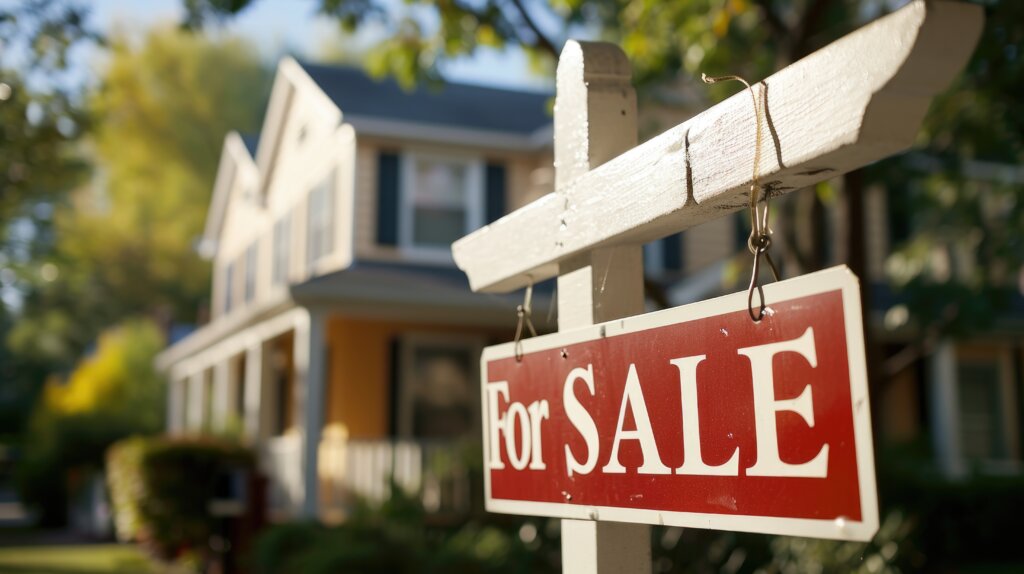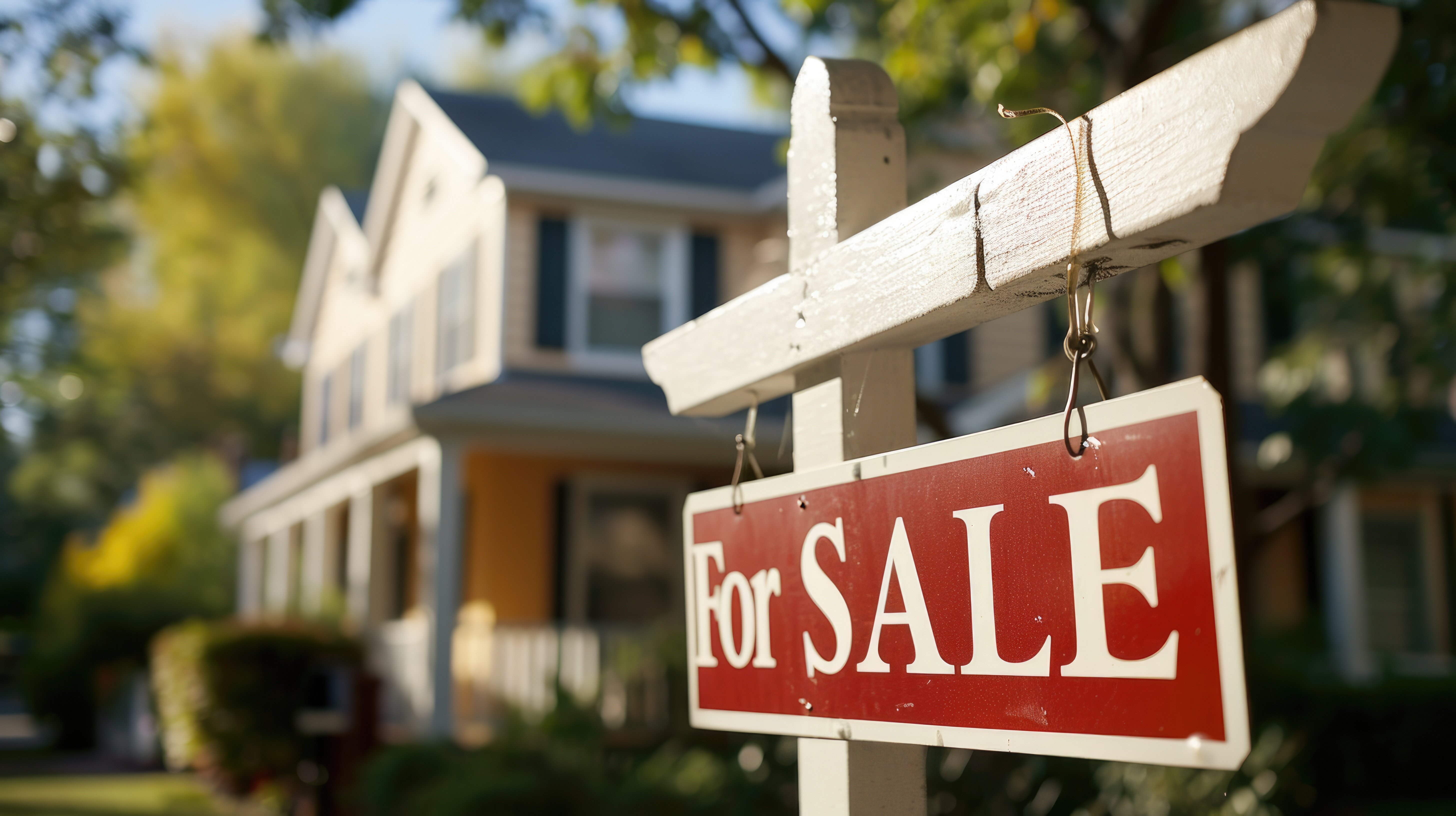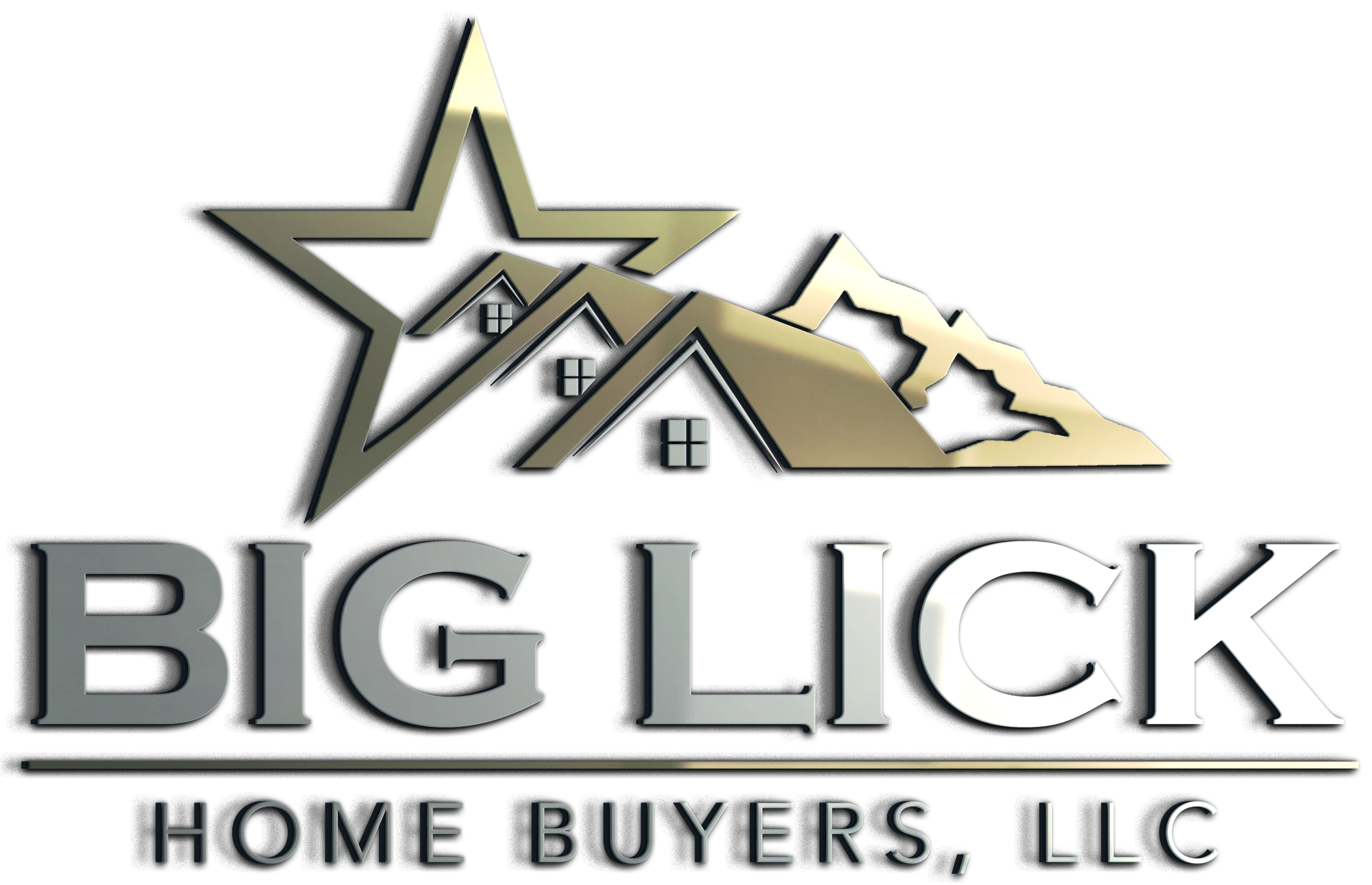
Real estate plays a pivotal role in Virginia’s economic landscape, acting as a major driver of growth and development. As a significant contributor to the state’s Gross Domestic Product (GDP), real estate transactions stimulate local economies by creating demand in related industries such as construction, finance, and retail. Virginia’s geographic diversity, from bustling urban centers to serene rural areas, adds unique dimensions to its real estate market, each contributing distinctively to the state’s economic vitality.
The economic footprint of real estate extends beyond direct transactions. In urban centers like Roanoke and Lynchburg, real estate development has led to increased job opportunities and economic activity. Meanwhile, rural areas contribute through agricultural land sales and the development of recreational properties, adding a different but equally important layer to the state’s economy.
Job Creation Through Real Estate Development
Real estate development is a catalyst for job creation in Virginia, particularly in construction, architecture, and engineering sectors. These projects not only offer immediate employment opportunities but also contribute to long-term job creation in property management, maintenance, and local businesses that thrive as population density increases.
Recent projects in Roanoke and Lynchburg have exemplified this trend, resulting in significant job growth. For instance, large-scale residential developments have spurred demand for construction workers and architects, while new commercial spaces have led to increased hiring in retail and service industries. For more detailed insights into employment trends related to real estate in Virginia, you can refer to this report on employment trends.
Community Growth and Real Estate
New housing developments often lead to enhanced infrastructure, such as improved roads and public services, thereby benefiting the entire community. Mixed-use developments, which combine residential, commercial, and recreational spaces, are increasingly popular in Virginia, fostering vibrant, self-sustaining communities.
Cities like Blacksburg and Christiansburg have experienced notable community growth due to strategic real estate projects. These developments not only address housing needs but also bring cultural and recreational facilities that enrich the quality of life for residents.
Local Government Incentives for Real Estate Development
Local governments in Virginia offer various incentives to encourage real estate development, including tax abatements and grants. These incentives are designed to attract developers by offsetting initial costs, with the expectation of long-term economic benefits.
Salem, for example, has implemented successful incentive programs that have drawn developers to the area, leading to increased investment and economic activity. For more information on these programs, see this government publication on real estate incentives in Virginia.
The Economic Impact of Home Sales
Individual home sales are a significant contributor to local economies, generating real estate commissions, home improvement spending, and business for moving services. The ripple effect of home sales extends to local businesses, from furniture stores to utility companies, as new homeowners settle into their communities.
Statistical data highlights the substantial volume of home sales in Virginia and their economic impact. The practice of cash home buying, as facilitated by companies like Big Lick Home Buyers, offers a swift alternative to traditional sales, potentially boosting economic activity by enabling quick property turnover.
Real Estate Investment and Regional Development
Real estate investment firms play a crucial role in regional development by revitalizing neglected properties and addressing housing shortages. Investors are instrumental in providing affordable housing solutions and enhancing local economies.
In Roanoke, investment-driven development has revitalized urban areas, leading to increased property values and tax revenues. Such investments not only improve the aesthetic appeal of neighborhoods but also stimulate economic growth by attracting new residents and businesses.
Challenges and Opportunities in Virginia’s Real Estate Market
Despite its robust growth, Virginia’s real estate market faces challenges such as zoning laws, environmental concerns, and market fluctuations. These issues can hinder development but also present opportunities for growth, particularly in underdeveloped areas where sustainable development can be pursued.
Demographic trends, including population growth in urban areas, are shaping the real estate market, creating both challenges and opportunities. Initiatives aimed at overcoming these challenges are essential for leveraging opportunities for economic growth.
Future Outlook for Real Estate and Economic Development in Virginia
Looking ahead, Virginia’s real estate market is poised for further growth, driven by technological advancements and green building practices. Upcoming infrastructure projects are expected to have a significant impact on real estate development, influencing economic development across the state.
Expert opinions suggest that strategic real estate development will continue to be a cornerstone of Virginia’s economic future. By addressing current challenges and seizing emerging opportunities, Virginia can ensure that real estate remains a key driver of its economic prosperity.

